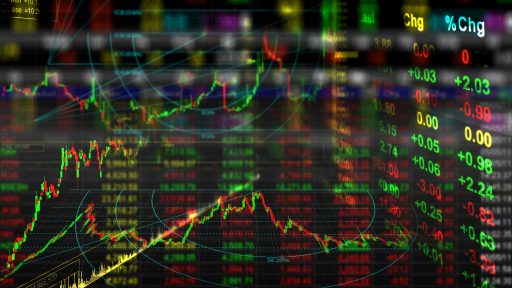- Home
- >
- Daily Accents
- >
- Warren Buffett, Bill Gates and Jack Ma are betting big on this sector

Warren Buffett, Bill Gates and Jack Ma are betting big on this sector

Washington watchers who see a gloomy future for environmental issues may be missing something Wall Street already sees: an $8.7 trillion boom in sustainable investments.
One of every five dollars invested in the U.S. today targets sustainable investments. Not to be outdone, private capital is flowing there too. Bill Gates, Mark Zuckerberg, Jeff Bezos, Jack Ma and other tech titans recently committed $1 billion to launching a new, low carbon energy fund. Warren Buffett's company is busy investing in new solar and wind energy projects, including the world's largest solar plant. And 84 major corporations have pledged to source 100 percent of their energy from renewables going forward.
All of this investment activity may seem counterintuitive. After all, the incoming Trump administration has vowed to reverse environmental regulations, and his Cabinet is being packed with old-school fans of fossil fuels. Despite this, big global trends like climate change are hastening investment in technology solutions to environmental problems.
Many investors recognize this opportunity and are thinking "green" – as in the color of money. Investments targeting companies that are addressing environmental challenges with products or services have been shown to outperform the overall stock market. Academic studies have shown that companies with high environmental, social and governance ("ESG") standards have outperformed companies with low or no standards.
Likewise, many cities, states, major corporations, and utilities have vowed to continue to reduce their carbon emissions, regardless of any changes in federal policy. The push? Their stakeholders – including consumers who are demanding more sustainable business practices, but also investors who are beginning to recognize the risks that climate change poses within their portfolios. There is strong support for renewable energy at the state level, too. California and New York are leading 17 other states with aggressive renewable energy targets (requiring that up to 50 percent of energy come from renewables by 2030).
At the federal level, tax credits for wind and solar were extended just 12 months ago, with significant Republican support. Perhaps most importantly, the increasingly attractive economics of wind and solar energy means that they now compete head to head with coal and natural gas sourced electricity. Indeed, well over 50 percent of new electricity generation capacity globally now comes from new wind and solar projects.
So where can investors find growth?
Investors everywhere wonder where they can find long term opportunities to grow their nest eggs in a low growth world. Based on many macroeconomic trends, sustainable investments may be one of the best places to find strong growth. Based on current consumption, we are using the production equivalent of 1.6 planet earths to meet our economic needs.
If we continue on this unsustainable path, by 2050, we will likely need more than three planet earths. To meet growing demand in a more sustainable fashion, the world economy will need to undergo huge structural changes in the energy, manufacturing, transportation, food production, and waste management sectors.
Companies providing solutions to these sustainability challenges are poised to benefit the most from this economic transition now underway around the world. Long term investors recognize these global sustainability trends go beyond the next four years and are positioning their portfolios accordingly.
The early results are very encouraging. Even the difficulties asset owners described are easily reframed as opportunities. Sustainable investing is challenged by non-standardized reporting and metrics, and few actionable frameworks. But with demand for sustainable investment surging, firms will be rewarded for solving these issues, and we see more institutional quality investment products available in all asset classes almost daily.
Political vacuums create market opportunities. The financial markets are now paying attention to this new reality. Investors and firms who don't get on the sustainability train will miss out on the ride of their life.
 Varchev Traders
Varchev Traders Read more:
If you think, we can improve that section,
please comment. Your oppinion is imortant for us.











